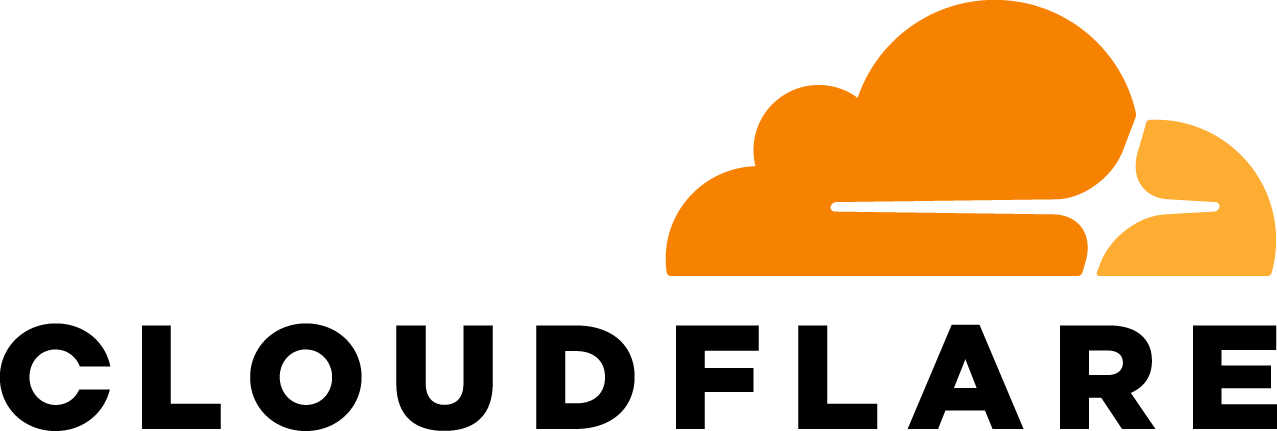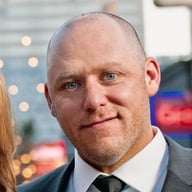Victoria Coleman, CTO, Wikimedia Foundation
Moderator: Michelle Zatlyn, Co-Founder & COO, Cloudflare
MZ: What is the Wikimedia Foundation?
VC: We pride ourselves in aiming to make available information broadly
not-for-profit
We’re the 5th most visited site on the planet.
We are the guardians of the project. There are 12 projects that we support, Wikipedia is the most prominent but there are others that will be just as influential in the next 5 years: e.g. Wikidata.
299 languages
Let’s also talk about the things that we don’t do: we don’t do editing. We edit as community members but not as members of the foundation.
We don’t monetize our users, content, or presence. We are completely funded by donations, with an average donation of $15.
MZ: If your mission is to help bring free education to all, getting to everyone can be hard. So how do you get access to people in hard-to-reach areas?
VC: It’s definitely a challenge. We built this movement primarily in NA and EU, but our vision goes beyond that. We started doing some critically refined and focused research in Brazil, Mexico, Nigeria.
Trying to understand what global communities need in other parts of the world.
We found that some people don’t know who we are, so we need to communicate to these people who we are.
MZ: We just heard on the last panel, and the notion of fake news came up. What is the foundation’s point of view around fake news? How can you give us hope for the future?
VC: First of all, the Foundation does not deal in news. One of our core principles is knowledge / notions? existing knowledge. What we do do is make it reliable as we can possibly make it. We have a community of 200,000 editors.
In our community, we live by principles: reliability of the source (“citation needed”),
maintain and ask our community of more than 200,000 people to make sure these principles are upheld. We are vocal and we hold each other accountable.
“Democracy dies in darkness.” “Truth thrives in openness.” We create quality content through openness.
MZ: When something controversial is posted on Wikipedia, how quickly does it get pulled?
VC: It depends on how front of mind the topic is, Sometimes in seconds.
Content that is incorrect very rarely persists past a week or month.
Medicine and Military history are the two most popular Wiki topics.
ER doctor is one of our most prolific editors; he said that if I can edit Wikipedia, i can reach 45 million people a month.
MZ: One of the reasons I went into tech rather than the medical field was because it was another way to help people at scale. Everything on Wiki has to have a source, a citation. But that must be hard. What are the implications for this?
VC: We take that very seriously. This past June, we were able to liberate 45% of all citations from the platform. Suddenly 60 million citations became available for everybody to use. This is very important material for research.
Being able to share the citations e.g. about Zika virus is what allowed this community to accelerate finding solutions. We advocate vociferously for openness, content that is not behind the wall.
Awhile ago they decided not to allow citations or references to the daily mail in the encyclopedia because they felt that as a source of news, it was less reliable.
MZ: Has that since been reversed?
VC: I don’t believe so.
MZ: You mentioned that Foundation builds other tools; what are some of the other open-source tools you are building that our audience might find useful?
VC: For example, Media Wiki is being used by Department of Energy, Intelligence community. the intelligence community has a product called Intellipedia that gets 350,000 hits per day. Another way of making tools through which people share knowledge.
Another example is ToolForge: taking data sets and making them available to volunteers who write tools.
So you come to us and we will give you what you need; not just computing and storage but data sets to work with. And people make magic...
MZ: The Foundation is a study in people coming together around the world--example of optimism. Wikipedia is one of top 5 sites; how do you keep that position? What’s next for the foundation?
VC: We want to continue to scale. It’s a matter of a lot of introspection. This will tell you about how you work. We’re at the tail end of an 18-month consultation project with 1000s of volunteers in our community all over the world. I came from a corporate background, and you know how strategy is made there. You go into the boardroom and come out and say this is how it is going to be. This is not how it works for us: it’s not our movement, it’s the movement of our volunteers.
We are going to continue focusing on making knowledge available to everybody. They told us they want us to go beyond the confines of North America and EU.
Now the challenge is to figure out how to get there.
Q&A:
Q: Silicon Valley has a gender issue; what about Wikipedia? Who is the Wiki community? Who is invited to participate, what articles are challenged or not? How does the leadership of the community meaningfully address these issues going forward?
VC: You bring up a very good point. I must say that we are fairly balanced within the Foundation itself. But I sympathize and agree. People that edit can use whatever identity they want, so we don’t actually know what gender identity our editors are.
E.g. One of our researchers noted differences in men & women’s bio: women’s had more info about their spouse.
The first step is recognizing the problem; From a tech perspective, we are building tools to help reduce bias if possible. But the real solution is not to have bias in the first place. We are doing a lot of work with community engagement to make the experience of becoming an editor more welcoming for women.
The first step is recognizing the problem; our community engagement department is working with people to help them make their first edits.
Q: Things in Wikipedia are footnoted; often with links from the web which are brittle and changeable. Can there be a partnership between Wikipedia and internet archive to keep links?
VC: Yes. We look to build partnerships with everyone.
All our sessions will be streamed live! If you can't make it to Summit, here's the link: cloudflare.com/summit17

